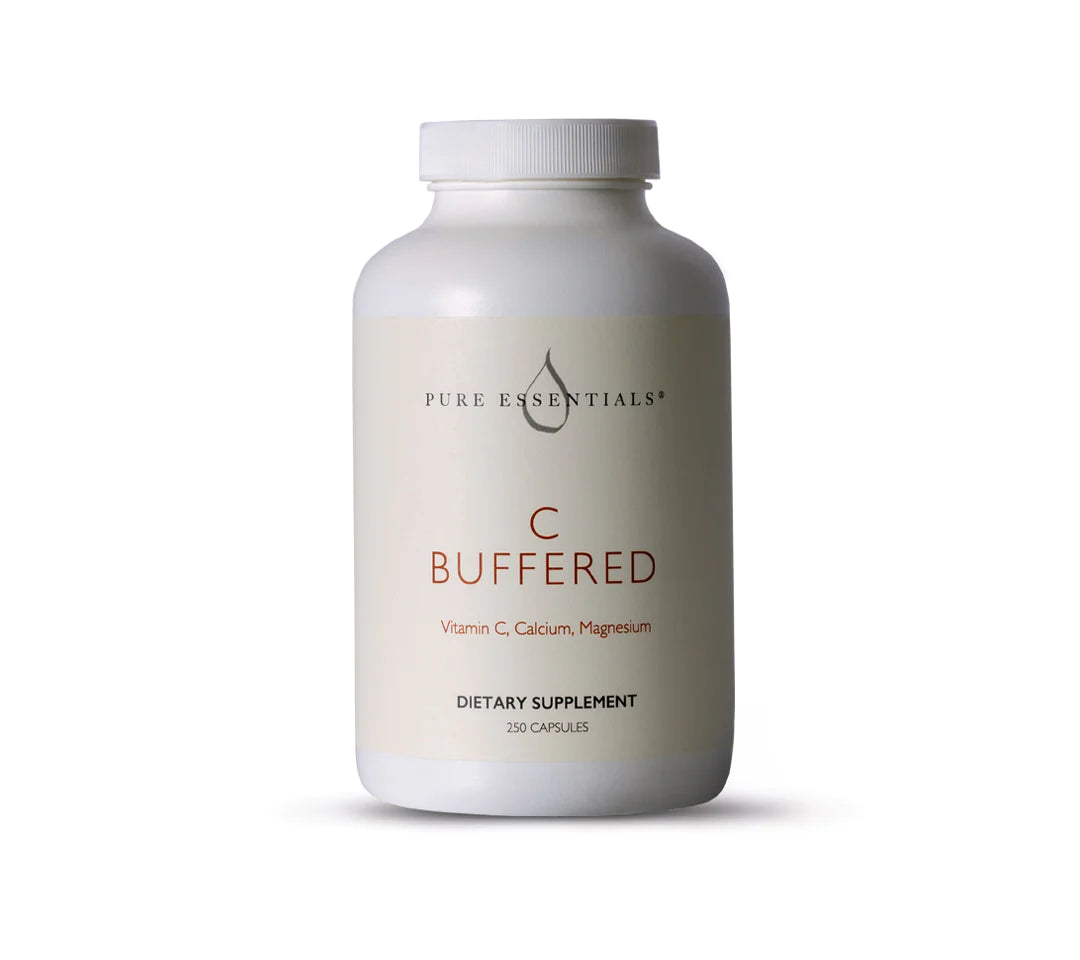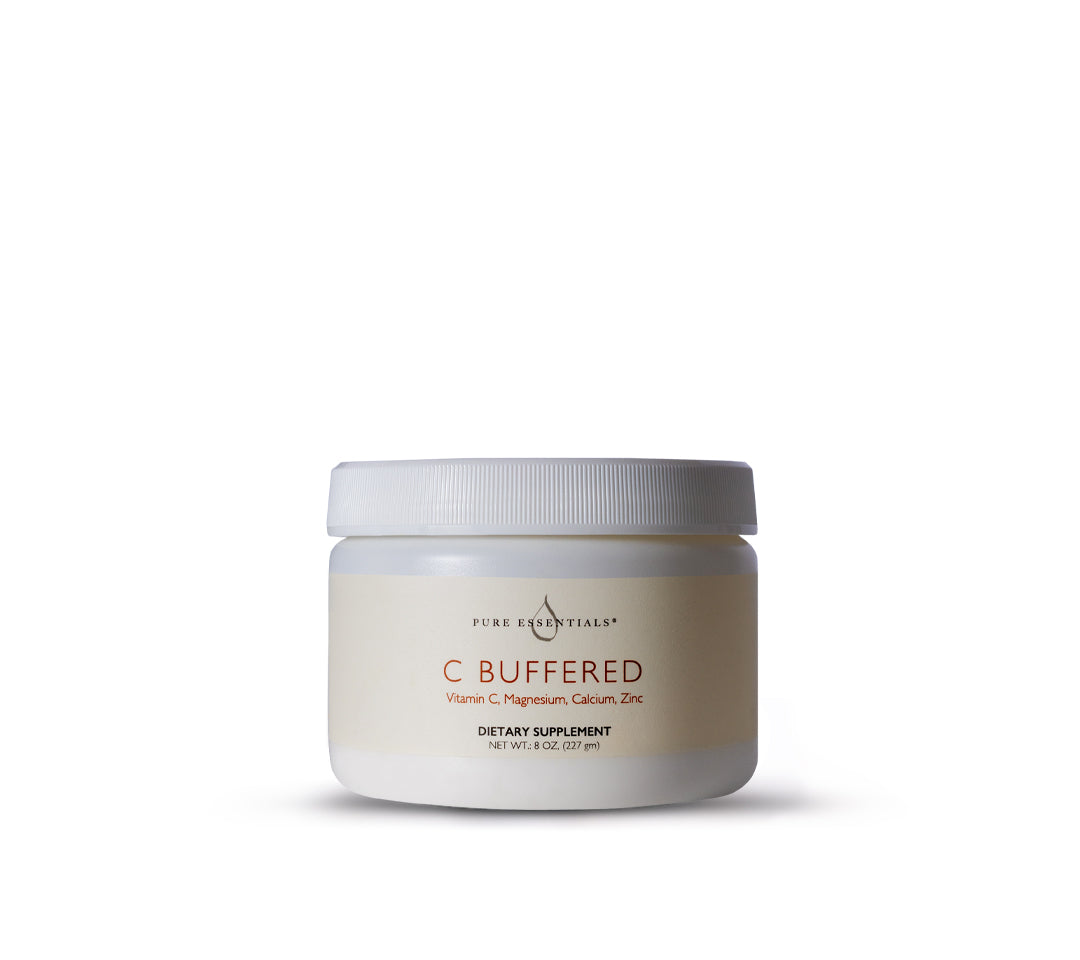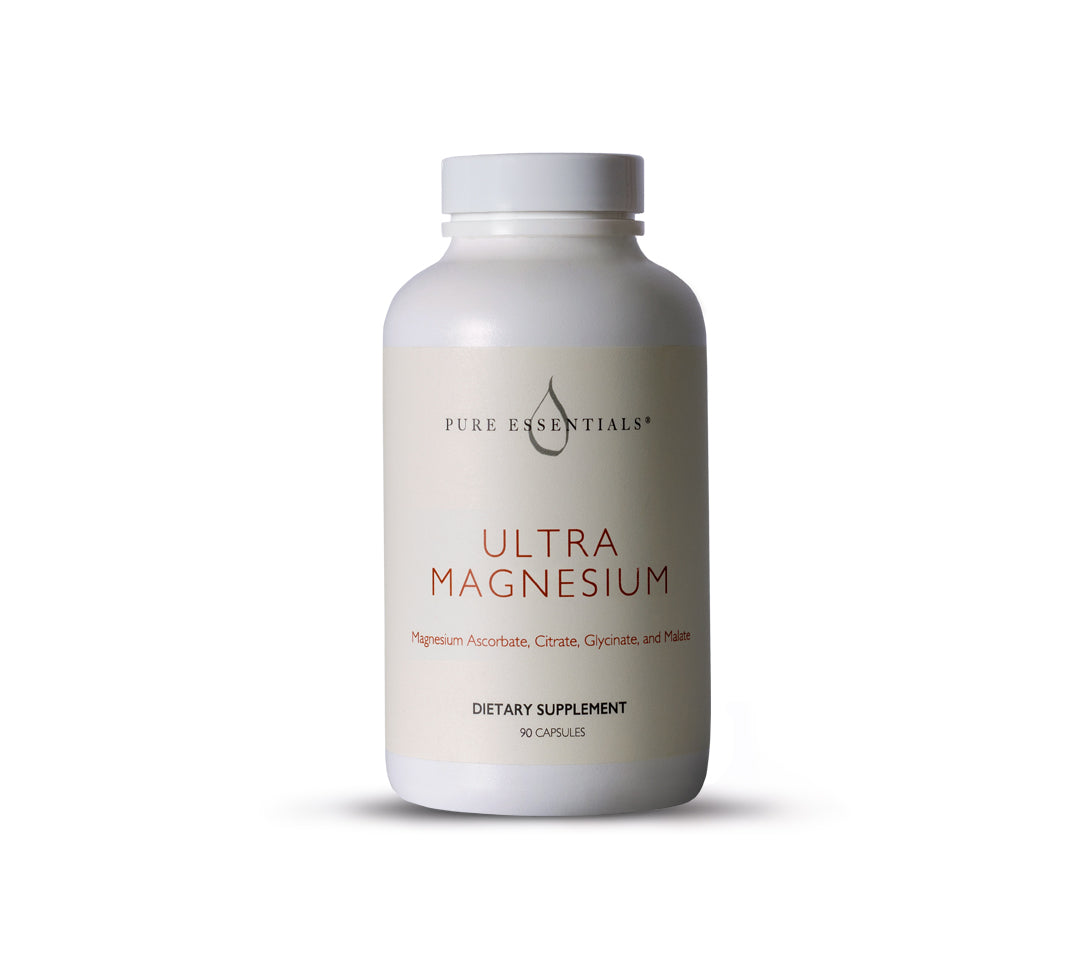February is American Heart Month, which reminds us of some sobering statistics.
Heart disease is still the main reason we lose loved ones in the U.S. In recent years, one in every five deaths in the U.S. was related to cardio health issues. Nearly 700,000 people in the U.S. died of heart disease in 2021. Every year, more than 800,000 people in the United States have a heart attack.
Here’s the real gut punch. Some experts believe as much as 90% of heart disease is preventable through exercise, a healthy diet, and not smoking.
It’s a sad song, but we can change the tune.
Exercise, a healthy diet, and good health habits can all play a role in your heart singing a happy song. So can a smart nutrition plan that includes heart-friendly vitamins and minerals - from Omega-3 fatty acids that move through your veins smoother than a Barry White track to the calming groove of magnesium.
Have you ever wondered what supplements actually do for your heart? Or how they work in the circulatory system?
The Big Three: Omegas, Magnesium & Vitamin C
Omega-3
Found in the likes of fish oil and flaxseed oil, Omega-3s help reduce fats in your blood that can cause a buildup of plaque in your arteries. They also help to reduce inflammation and can improve blood vessel function.
The body does not produce omegas-3. You need to get it through foods. And since getting adequate omegas might require A LOT of food – a lot of fish, to be specific – a daily fish oil supplement is the smart way to address a deficiency. If seafood isn’t your jam five nights a week, an omega-3 supplement might warrant a front row seat in your daily diet.
Pro tip: Talk to your doctor or nutrition coach. Consider taking a home test to reveal your omega score. Be aware of excessive omega-3 doses, which can lead to blood thinning.
Magnesium
Next up is Magnesium, the zen master of minerals, helping to keep the heart's rhythm calm and composed. Magnesium can help manage blood pressure, blood sugar, and muscle function.
A little low on Mg? You might find yourself more stressed, and that’s not great for your heart.
A common recommendation among wellness advocates is about 400 mg of magnesium a day. That may come from foods like leafy greens, from a quality supplement, or from a combination of both. Remember, too much magnesium can make a quick exit through the digestive tract (if you catch my drift), so stick to the recommended daily allowance unless instructed by a health care professional.
Vitamin C
Vitamin C delivers a symphony of benefits. It’s a stellar antioxidant, defending your cells from oxidative stress. This is key because reducing stress on cells may help lower the risk of heart disease.
Then, there's blood pressure. Vitamin C has been shown to help relax blood vessels that carry blood to the heart. That creates potential for keeping your blood pressure in perfect pitch.
Cholesterol and atherosclerosis are also on vitamin C's radar. By lowering LDL-cholesterol oxidation it slows down the unwanted buildup in your arteries. We recommend buffered vitamin C because it’s carefully formulated to go easy on your stomach. Taking it daily, as a capsule or powder, isn’t likely to disrupt your system.
Those are commonly known heart-health vitamins and minerals – first chair in the orchestra, if you will. They’re not the only supplements worth knowing about when you think about healthy heart habits. Folate, fiber, and vitamin D are the soloists who step in at exactly the right moment. These are the hidden gems.
Folate, Fiber & Vitamin D
Folate
Let's give a standing ovation to the lesser-known heart helpers, starting with Folate. This B vitamin lowers levels of homocysteine, an amino acid that, when unchecked, could start a feud with your blood vessels, leading to heart issues including hypertension. Get your folate fix from greens or a B vitamin supplement, especially if you're pregnant or planning to be.
Fiber
It’s not just for keeping you regular, fiber can help manage cholesterol, blood sugar, and even help you maintain a healthy weight. A common recommendation is 25 to 30 grams a day from beans, whole grains, many vegetables, apples, psyllium husk powder or some form of fiber supplement.
Vitamin D
Our encore is the "sunshine vitamin". Vitamin D may help manage blood pressure and control inflammation. Both are heart-healthy outcomes.
Soak up vitamin D from the sun any time you can or get it from fatty fish or fortified foods. A vitamin D supplement can help too – our formula is available as a liquid drop. No capsule to swallow, just a drop in your morning coffee, tea or water and move on with your day.
If you live in an area where the sun is only a part-time member of the wellness band, have a chat with your doctor. Vitamin D at 500 to 600 IU daily should suffice, but your doctor might recommend more if you're deficient.
Choosing and Using Wisely
So how do you choose among these heart-helpers? Look for reputable brands that offer full transparency about their ingredients and manufacturing processes. Remember, no supplement is a solo act. They're part of a symphony that includes a balanced diet, hydration, regular exercise, quality sleep, stress management, and healthy lifestyle choices.
It’s worth mentioning that some vitamins and minerals might not play so nice with your heart. Calcium in excess has been linked to heart trouble in some studies. Herbal supplements Licorice root (Glycyrrhiza glabra) and Guarana (Paullinia cupana) might play out of tune and pump up your blood pressure. Approach with knowledge and caution, and always talk to your healthcare provider before jazzing up your routine with new supplements.










